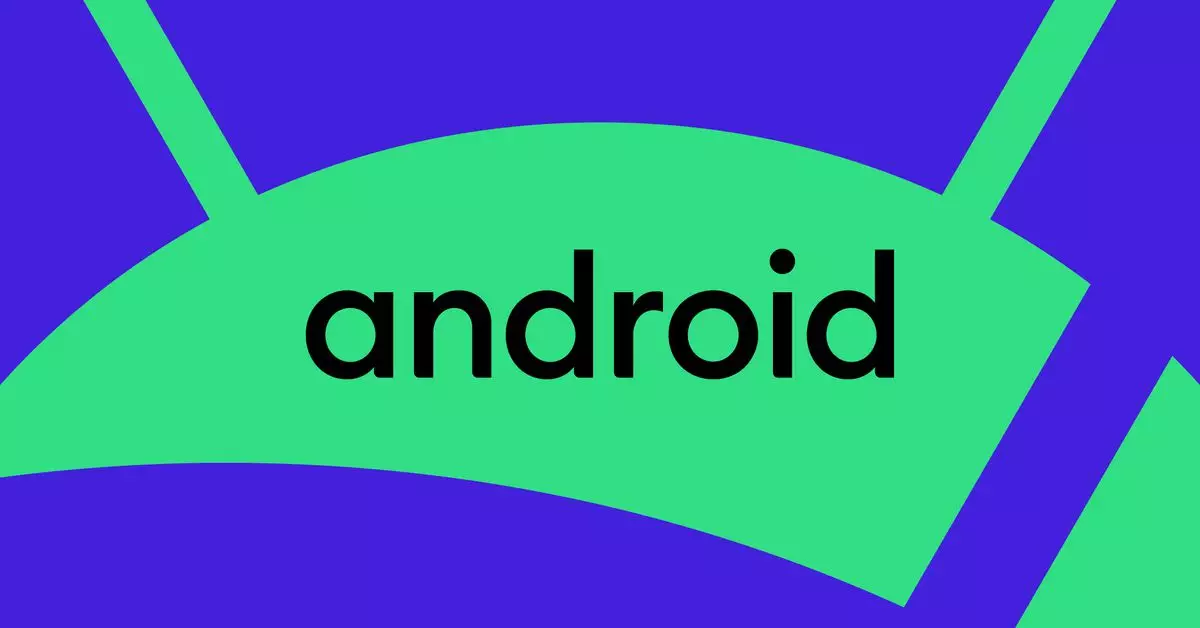For years, the tech community has eagerly awaited Android’s major updates, typically launched in the fall following a lengthy beta-testing phase. However, in a noteworthy shift for 2025, Google is set to release Android 16 in the second quarter of the year. This decision marks a significant departure from its usual schedule, as confirmed by Android Authority. The overarching goal behind this change is to synchronize the update timeline with device launch schedules across the Android ecosystem. By doing so, Google aims to ensure that a broader range of devices can access the latest Android features promptly, which has long been a concern within the Android community.
One of the most persistent issues within the Android framework has been the delayed rollout of major updates, especially for non-Pixel devices. While Google’s flagship Pixel line benefits from first dibs on the latest releases, many third-party manufacturers are often left behind, leading to frustrations among users. This new timeline is a proactive response to that ongoing problem. Now, manufacturers will presumably have access to the new operating system sooner, enabling them to offer the latest capabilities right out of the box without the endlessly awaited future updates.
In addition to the major update timeline, Google is also focusing on enhancing the Play Store. With upcoming improvements, users will soon be able to share preferences more effectively, thereby refining app recommendations alongside existing game suggestions. This update not only aims to enhance user experience through personalized app suggestions but also promotes greater interaction within the platform, encouraging users to explore diverse applications tailored to their interests.
The integration of artificial intelligence into Google’s development tools is another exciting aspect of the upcoming updates. With the addition of features powered by Gemini AI in Android Studio, developers will have the upper hand in writing, refactoring, and documenting their code more efficiently. This not only streamlines the development process but also underscores Google’s commitment to innovation within its developer community, ultimately leading to a richer ecosystem of apps.
Looking ahead, the restructured release schedule aligns with Google’s intent to foster a more cohesive environment for both developers and end-users. By establishing a major release in Q2 and introducing a minor SDK update in Q4, Google is creating a framework that facilitates incremental improvements. This is reminiscent of quarterly releases that introduce new features without overhauling the entire system, thus balancing stability and innovation.
Google’s strategic pivot in its Android release schedule represents a significant step forward in addressing longstanding delivery problems related to major updates. By adhering to a timeline that harmonizes with hardware launches and enhances user interaction within the Play Store, Google seems poised to not only elevate the user experience but potentially fortify Android’s competitive standing in the market.

